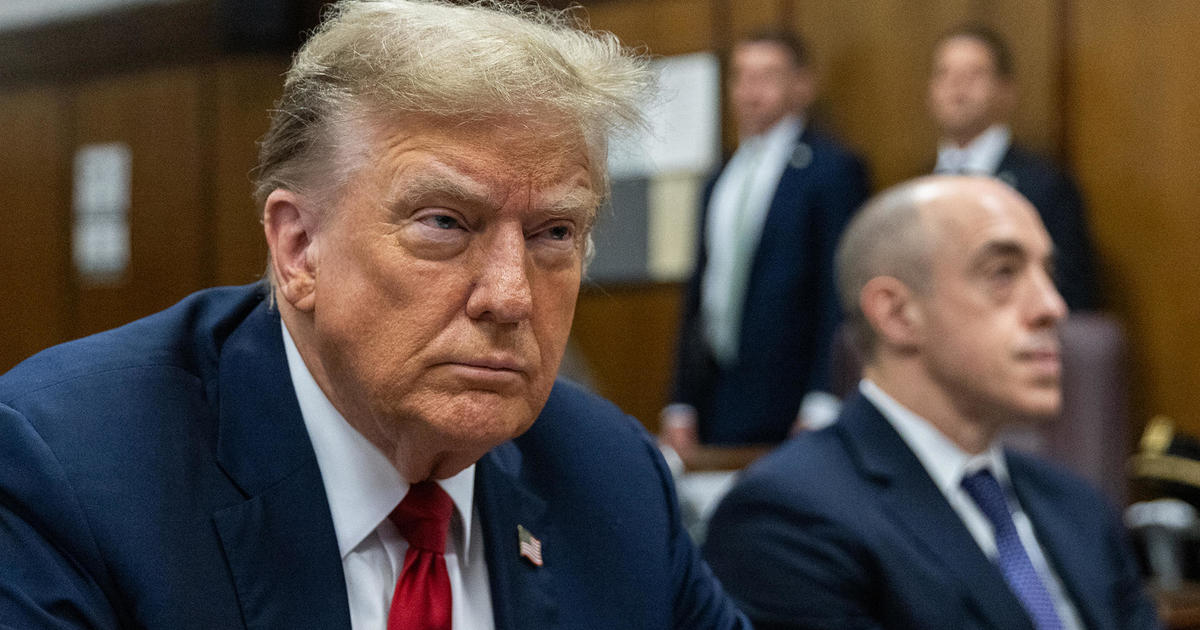Yellen says she's staying, pushing back against Donald Trump
WASHINGTON - Federal Reserve Chair Janet Yellen pledged to serve out her term and defended the Dodd-Frank banking regulations, in defiance of President-elect Donald Trump.
“We wouldn’t want to see the clock turned back on financial regulation,” she told lawmakers on Capitol Hill on Thursday. Yellen also said she would not step down before her term ends at the end of January 2018, ending speculation that she might resign early.
Also during her testimony before the Joint Economic Committee, she strongly indicated that an interest-rate hike was in the wings for its December meeting.
Trump has been harshly critical of Yellen and the Fed for keeping interest rates too low, which he claimed was a bid to aid Hillary Clinton, his defeated Democratic opponent for the White House, to spur economic growth during the election season.
The president-elect has indicated he would not reappoint Yellen, who was put in place by Democratic President Barack Obama, when her term expires.
In addition, Trump has called for the dismantling of Dodd-Frank, the financial reform law enacted following the housing crash. He termed it a drag on lending needed to pump up tepid economic growth.
While Yellen did not address Trump’s views directly, she said there were “terrible outcomes” in other nations where the government leaned on central banks.
The Fed chief praised Dodd-Frank for making banks safer by requiring them to maintain more capital and to back away from risky activities. To a lawmaker’s question whether the stricter regulations made banks less reluctant to lend, Yellen said lack of demand for loans might be a factor, one that has nothing to do with new federal banking rules.
She sketched a picture Thursday of a U.S. economy that’s still not at full health but is showing enough gains in hiring and growth to raise expectations that the Fed will raise interest rates in December.
In testimony to a congressional committee, Yellen noted that the Fed concluded at its meeting early this month that the case for boosting its benchmark rate had strengthened and that an increase “could well become appropriate relatively soon.”
Yellen, in her testimony, pointed out that the job market has made further improvement this year and that inflation, while still below the Fed’s 2 percent target, has started to pick up. With investors and economists expecting the Fed to boost rates, Yellen notes that further delaying a rate increase would present its own risks.
“Were the FOMC to delay increases in the federal funds rate for too long, it could end up having to tighten policy relatively abruptly to keep the economy from significantly overshooting both of the Committee’s longer-run policy goals,” Yellen said in her remarks. “Moreover, holding the federal funds rate at its current level for too long could also encourage excessive risk-taking and ultimately undermine financial stability.”
Yellen is also sure to be asked about President-elect Donald Trump’s plans for tax cuts and infrastructure spending -- and their likely effects on government deficits. Since Trump’s election victory last week, investors have driven up long-term bond yields in anticipation that his economic proposals would increase federal debt and elevate inflation.
The president-elect’s idea to spend more to upgrade roads, bridges and airports, though, in general mirrors Yellen’s frequent point that Congress should act to supplement what the Fed has done through low rates to encourage spending and spur growth.
Trump’s election could affect Yellen’s Fed in other ways, too. The president-elect will be able to fill two vacant seats on the Fed’s seven-member board, which wields outsize power on the panel that sets rate policy. The board has, like Yellen herself, long favored a go-slow approach to rate increases. Trump’s new appointees potentially could affect that consensus.
Next month, if the Fed raises rates as expected, it will be its first move since December of last year, when it raised its key rate from a record low near zero, where it had been for seven years. The December meeting will include a news conference by Yellen, at which she’ll be able to explain the Fed’s action and perhaps provide guidance on how many further rate increases it foresees in 2017.
As measured by GDP, the U.S. economy grew at a 2.9 percent annual rate in the July-September quarter, the government has estimated, more than twice the rate in the April-June quarter. The unemployment rate is 4.9 percent, around the level typical of a healthy economy, down from 10 percent in 2009.
The housing market, whose meltdown triggered the 2008 financial crisis and the recession, has largely recovered, though. Still, the sharply higher bond yields that have followed Trump’s election, if they continue, would mean higher mortgage rates that could depress home purchases.
Even so, stronger economic growth and a recent uptick in inflation have bolstered the argument of Fed officials who have been pushing for a rate hike.



